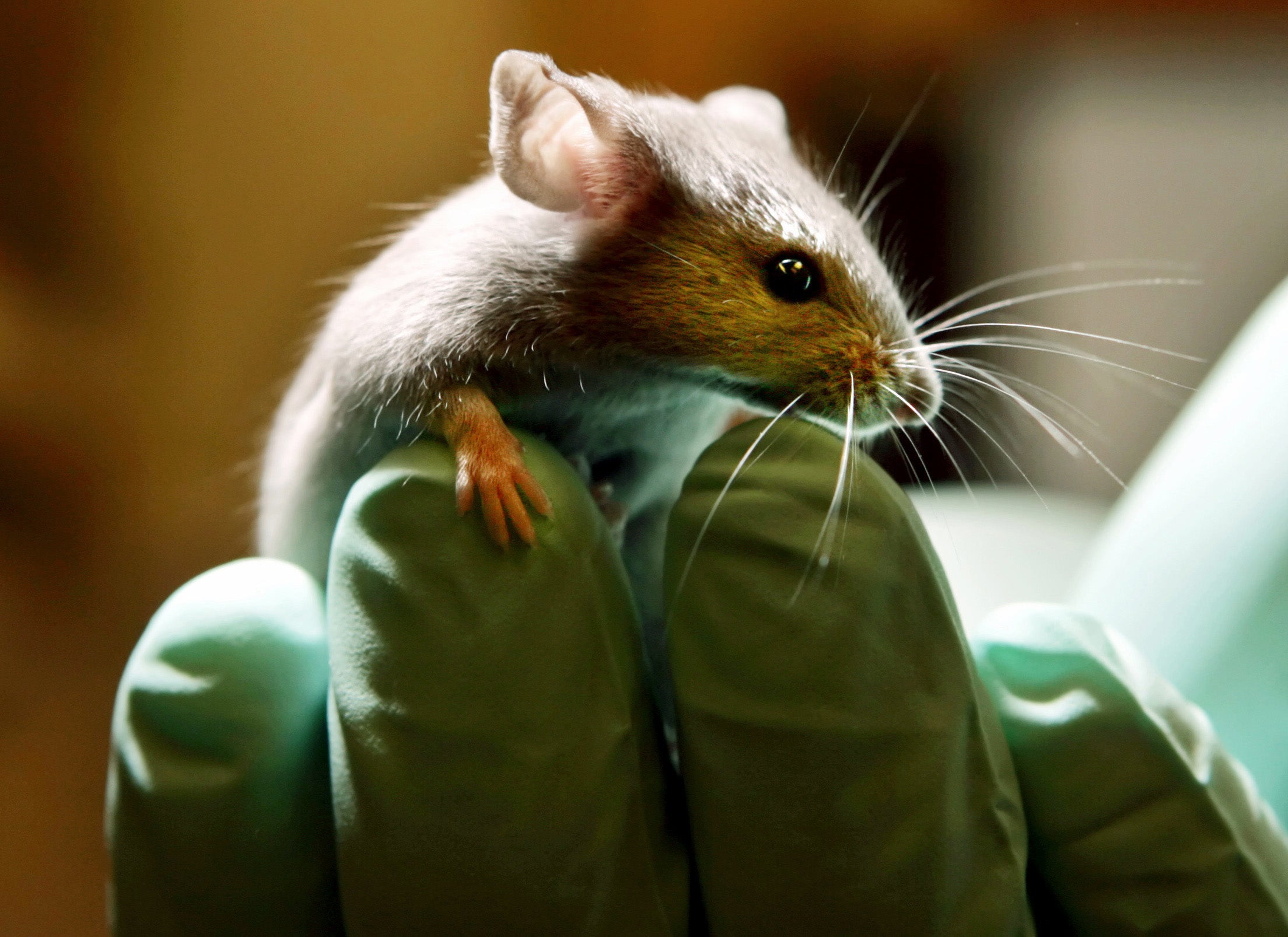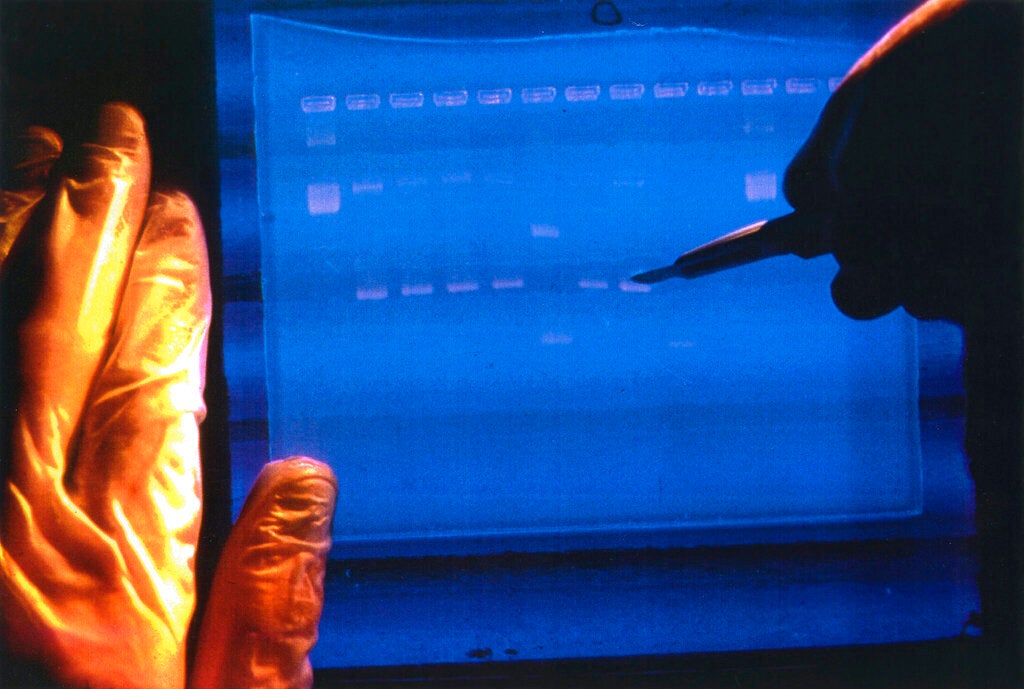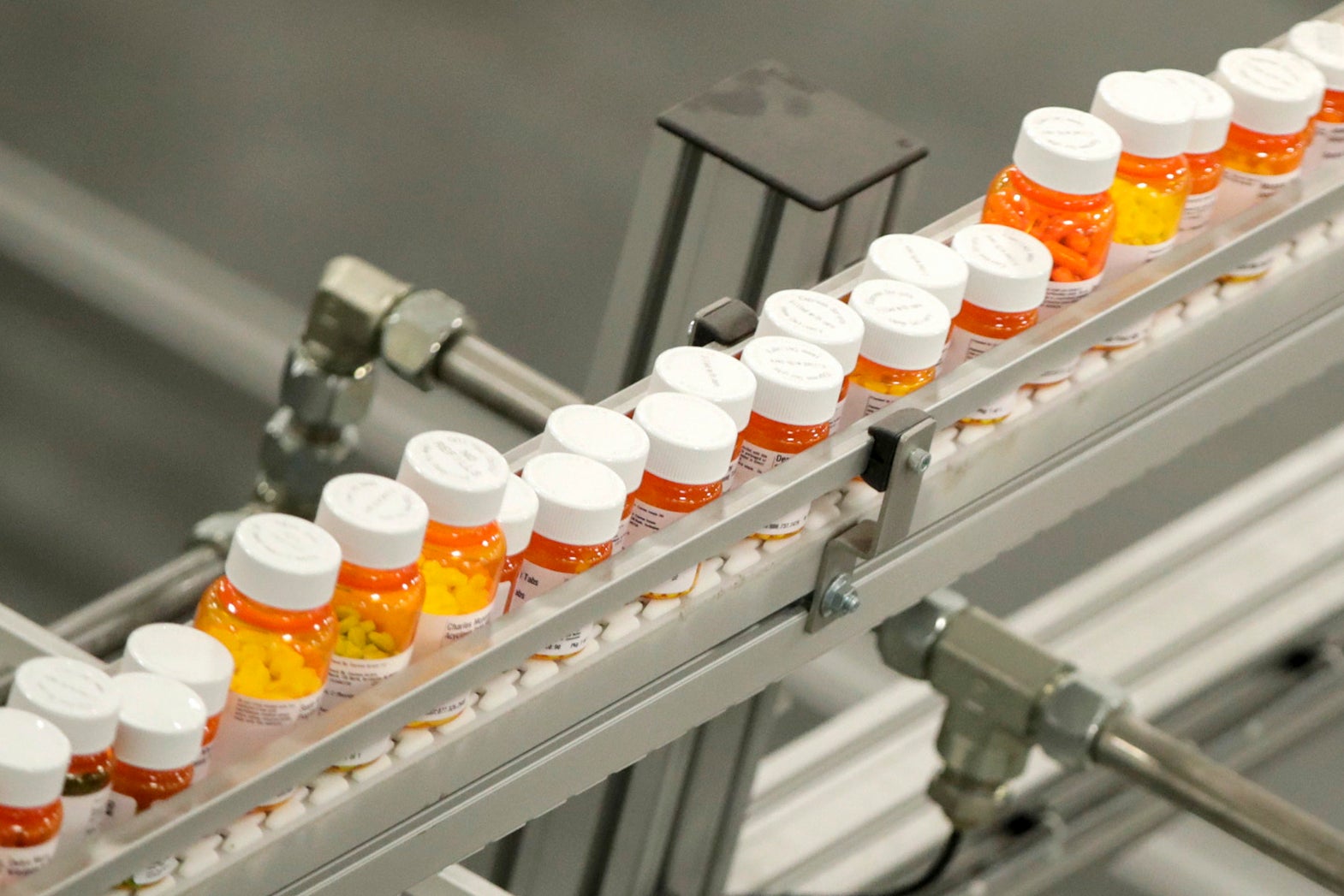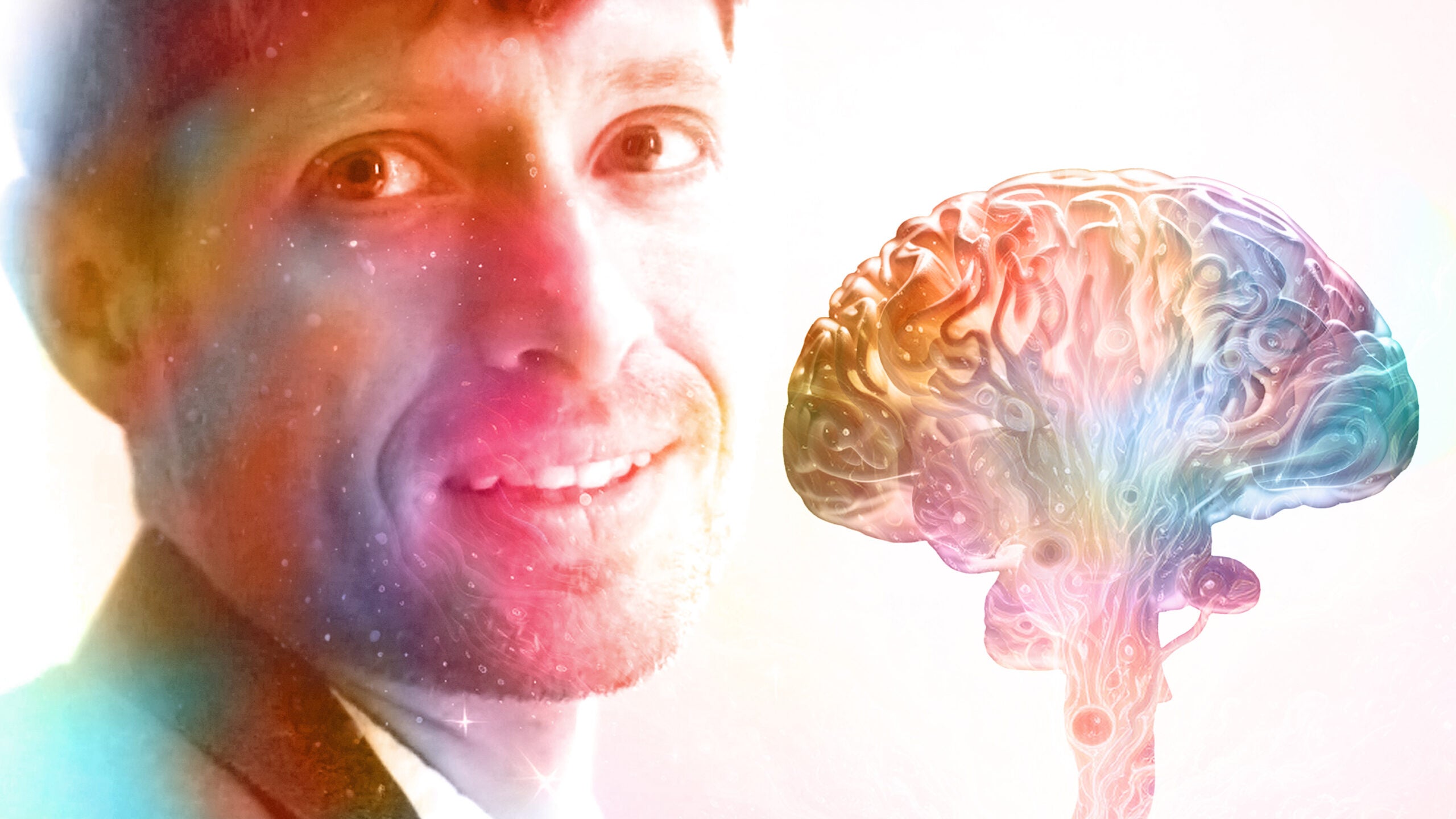Some products approved after animal testing turn out to be harmful to humans. Researchers want to change that. We learn how newly created “tissue chips” that mimic human systems could be the future of drug testing. We also discuss the important choices made during end-of-life care, and talk to a media expert about the controversy over Brian Williams.
Featured in this Show
-
UW-Madison Stem Cell Technology Could Replace Animal Testing
A technology in development at the University of Wisconsin that mimics human tissue in scientific research is showing promising results and could replace animal testing.
Further research on what are known as “tissue chips” could advance drug testing in a way that isn’t currently possible with the use of research animals. For example, drugs that work on lab rats can still be toxic to humans. Tissue chips could help identify these toxic drugs before they’re used on people.
Bill Murphy, professor of biomedical engineering and orthopedics and co-director of the Stem Cell and Regenerative Medicine Center at UW-Madison, described the technology as essentially glass or plastic chips that have individual human tissues growing on them in small pockets. The technologies and techniques used to make them are fairly standard, making it easy to replicate in scientific labs.
“These are designed to mimic really critical components of human tissues including the developing brain,” Murphy said. “We can recreate really critical properties of the brain that are important for understanding whether a chemical is toxic to the brain.”
Murphy said the technology contains the potential for widespread application, especially with toxicity testing.
“At the moment, when rodent models are used to understand the effects of toxicity on the developing brain, the studies … are done in what are called multigenerational studies. There, a rodent — for example, a mouse — would need to be exposed to a chemical, its offspring would be studied and their offspring would be studied,” Murphy said.
Such multigenerational tests are expensive, and they’re not highly predictive with what happens in humans. In some cases, studies in mice cannot significantly predict what will happen with larger animals like rabbits.
“The idea here is because we’re starting with human stem cells and we’re forming human tissues on a chip, they can be better predictors of what happens in the human system,” Murphy said.
-
What Matters Most When Your Time Becomes Short?
In a special that premieres Tuesday evening, the PBS documentary program “Frontline” asks, “What matters most when your time becomes short?”
-
New Technology Could Replace Animals In Scientific Testing
New technology known as “tissue chips,” currently in development at the UW-Madison, may open new pathways for drug research and could reduce reliance on animal testing. We learn more about them with the lead researcher overseeing the project.
-
Can Brian Williams Ever Regain The Trust Of The American Public?
In the last week or so, Brian Williams has been at the center of a controversy because he made misleading statements about coming under fire while reporting in Iraq in 2003. A media expert discusses the controversy and whether or not Williams can ever regain the trust of the American public.
Episode Credits
- Rob Ferrett Host
- Veronica Rueckert Host
- Cynthia Schuster Producer
- Galen Druke Producer
- Amanda Magnus Producer
- William Murphy Guest
- Tom Jennings Guest
- Paul Levinson Guest
Wisconsin Public Radio, © Copyright 2024, Board of Regents of the University of Wisconsin System and Wisconsin Educational Communications Board.




